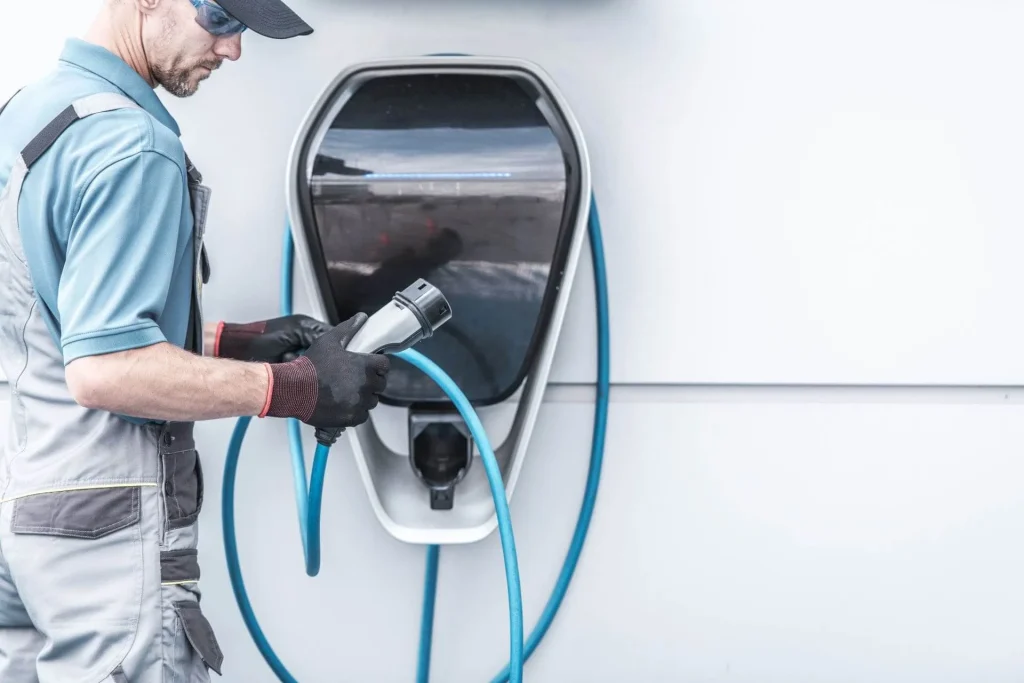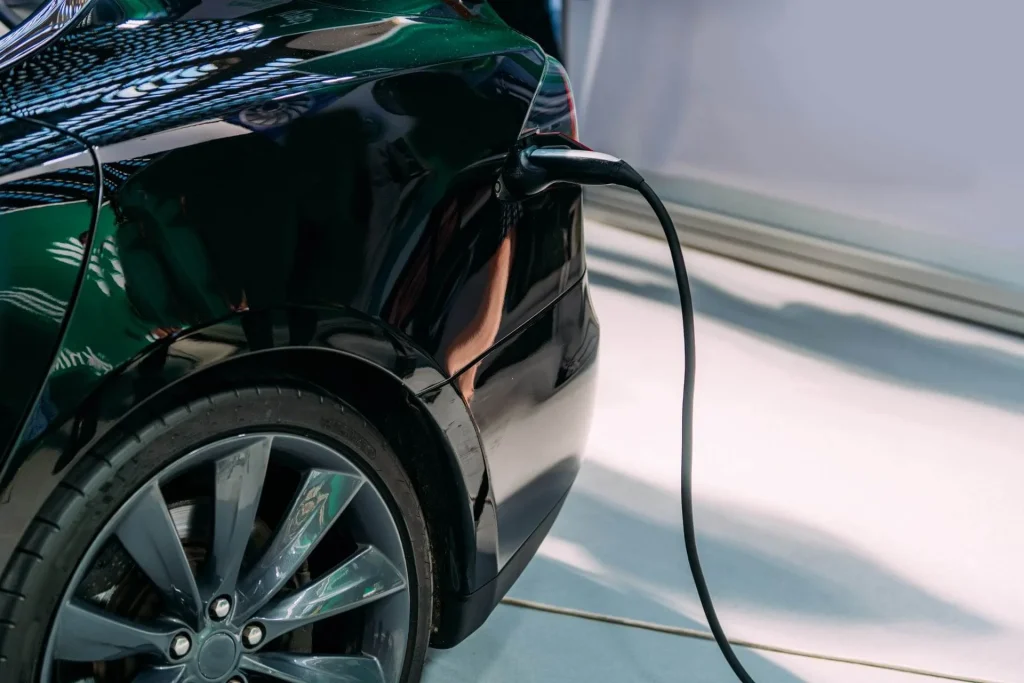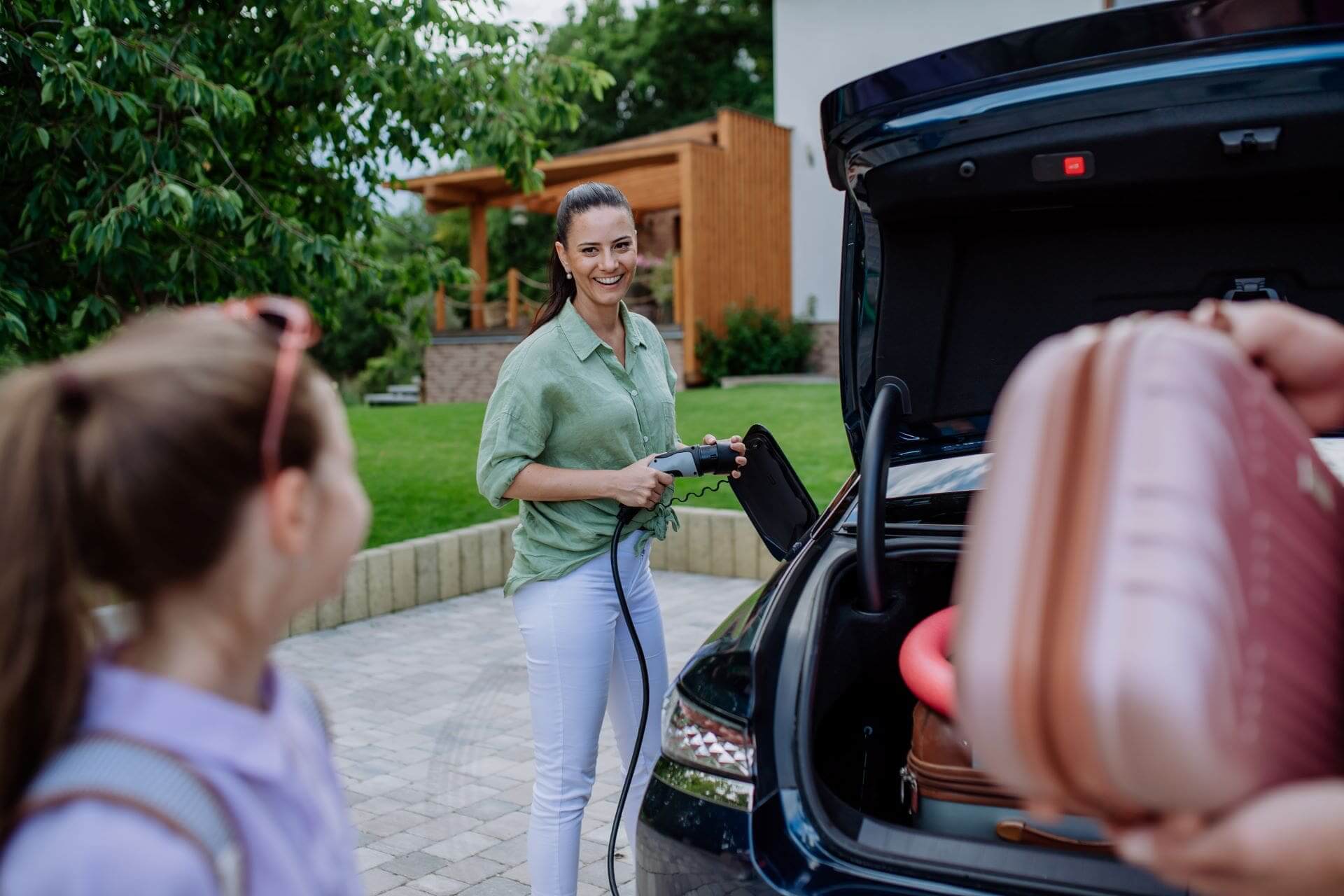The world is rapidly shifting towards the exploration of new future trends. The electrification of most transportation sectors holds the prospect of reducing pollution levels and carbon emissions, leading to quieter and cleaner cities.
As more people become more environmentally conscious, it somehow resulted in the increasing popularity of EVs, also known as electric vehicles. Given this rising trend, charging stations must be readily accessible and convenient to every electric vehicle owner.
With that, below are the essential details for you to know the welfare of installing an EV charger within a home’s electrical system. This ensures your house and lot for sale are equipped to accommodate the potential upsurge of electric vehicles as a prevalent means of transportation in the foreseeable future.
What Are Electric Vehicles and EV Chargers?
Electric vehicles are motor vehicles that are powered by an electric motor rather than a gasoline engine. These vehicles use rechargeable batteries to store energy, which is then used to power the motor. Think of it as a mobile device, an electric vehicle relies on a power reservoir to facilitate its seamless functionality.
On the other hand, EV chargers, which are also called electric vehicle service equipment (EVSE), are simply devices that supply electric energy to an electric vehicle to recharge its battery.
There are several types of EV chargers available, each with its charging speed and compatible vehicles.

Level 1 EV Chargers
Level 1 chargers are the slowest type of EV charger and are typically used in small residential settings. These chargers use a standard 120-volt household outlet and can take up to 24 hours to fully charge the car’s battery.
Level 2 EV Chargers
Level 2 chargers are the most common type of EV charger that is the best EV charger for home. These chargers use a 240-volt outlet and can fully charge an electric vehicle in 4 to 8 hours.
Direct Current Fast Chargers
DC fast charging is the quickest type of EV charger that is typically found at public charging stations. It can charge an electric vehicle up to an average of 80% in as little as 30 minutes.
Keep in mind that the demand for different types of EV chargers may differ in terms of how frequently someone is set to travel on a daily basis and how long they are willing to wait to charge their electric vehicle.
Benefits of Installing an EV Charging Station in Your Home
Adding home EV chargers to your property can offer a range of benefits. Firstly, setting up a charging station next to your house and lot provides a convenient place to charge your electric vehicle. Rather than driving to public charging stations, you can simply plug in your electric car at home and let it plug in overnight. Given its potential to significantly enhance efficiency and cost-effectiveness over time, this transformation holds substantial value as a personally valuable asset.
Additionally, not only does it provide a convenient place to charge electric vehicles, but it also increases the value of your house and lot. It eliminates the need for potential buyers to install one themselves, making your property more appealing for those who want to have a future-proof home.
Lastly, adding an EV charger to your property promotes a more sustainable way of living. By choosing to drive an electric vehicle and providing a charging station on your property, you are reducing your carbon footprint and contributing to a more environmentally friendly future.
Electric Vehicle Home Charger Installation
Switching from traditional gasoline-operated vehicles to electric vehicles is still quite a huge leap, and so is the installation of a home EV charging station. If you are thinking about the acquisition of an electric vehicle, consider several implications associated with the installation of an electric vehicle charging station.
The installation of electric vehicle chargers is a complex process that requires expertise and careful consideration. Hiring licensed electricians is a must in this process. They are entrusted with the responsibility of identifying the optimal placement for your charger. It is essential that they choose a location that offers convenient access to nearby electrical outlets, ensuring that the charging cable can effortlessly reach your electric vehicle.
In addition, it is also crucial to allocate sufficient and safe space for an electric vehicle and the accompanying EV charger. The implementation of this measure would provide long-term protection against damage and potential corrosion.

How to Choose the Right EV Charger for You
As mentioned earlier, there are several factors to consider before installing the right EV charger on your property to charge your electric vehicle.
For long commutes or frequently using your electric vehicle, a Level 2 charger may be the best option. However, if you only use your electric vehicle once in a while, a Level 1 charger may be enough. DC fast chargers, on the other hand, are the most expensive option but provide the fastest charging speeds among the other types of EV chargers.
Furthermore, certain chargers have limited compatibility and may only work with specific electric vehicle makes and models. Therefore, selecting a charger that is compatible with your vehicle is of utmost importance.
Costs Associated with Installing EV Chargers
The cost of installing an EV charger in your home can vary depending on several factors. The price of the charger alone might range from several thousand Philippine pesos for a level 1 charger to hundreds of thousands of pesos for a DC charger.
The labor expenses related to the installation can significantly vary based on the intricacy of the setup and the charger’s placement, which potentially can result in substantial costs to your desired lifestyle.
EV Charger Maintenance and Repair
Like any other piece of equipment, EV chargers require maintenance and repair from time to time. It is important to perform regular maintenance to ensure that your charger is working properly and to prevent any potential issues.
Ensuring the ongoing maintenance and vigilant monitoring of the electric vehicle battery pack will incur significant costs. Some maintenance tasks include cleaning the charging cable and plug, inspecting the charger for any physical damage, and checking the electrical connections.
Finally, conducting routine assessments of EV chargers to identify potential issues such as damage, wear, or corrosion is also an integral component contributing to the performance of the electric vehicle.
Overall, the installation of an electric vehicle charger appears to involve significant expenses and requires a substantial investment. Nonetheless, the potential of electric vehicles to revolutionize the future makes it a promising choice for individuals to future-proof their homes.
Read more: What You Need to Know About Going Electric on the Road


